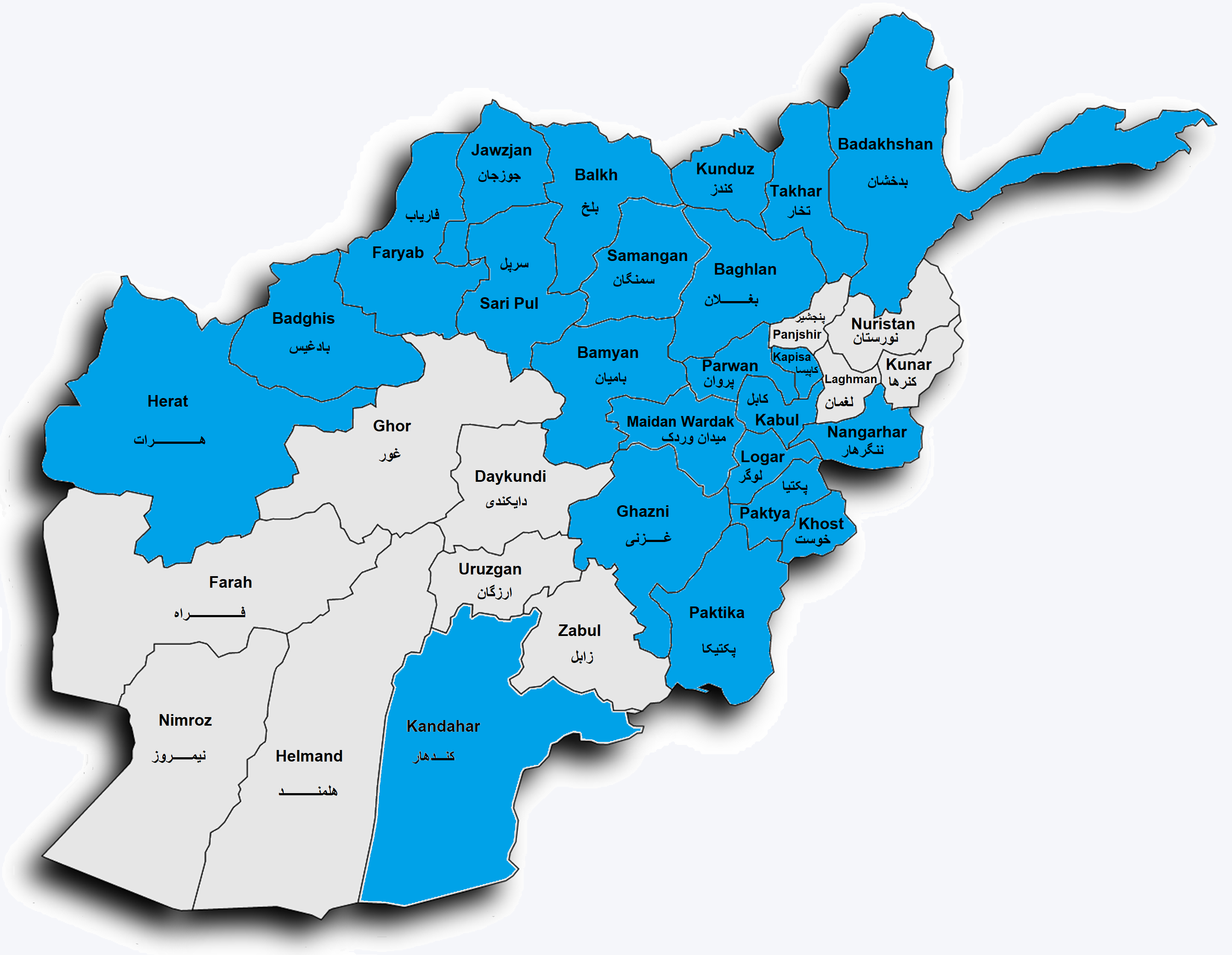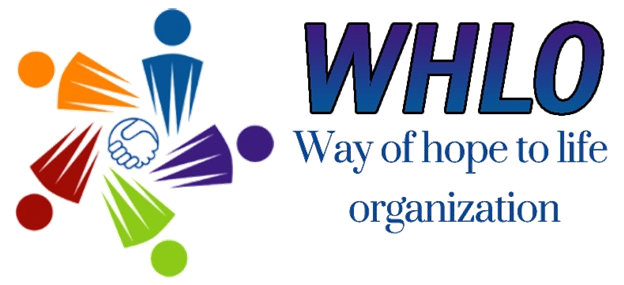
WHLO has implemented over 251 projects in the areas of vocational education and adult literacy, humanitarian assistance and emergency relief, Civic education, advocacy, and conflict resolution and peace building. Our work is focused on the most vulnerable in our society: women, children, youth, internally displaced persons, returnees and refugees. These multi-sectoral projects have benefitted about 6 million vulnerable people across several provinces in Afghanistan. WHLO’s projects are funded and technically supported by supporters like the World Bank, WFP, USAID, UNIFEM, GIZ, IOM, The Asia Foundation, UN Women, UN HABITAT, UNAMA, UNICEF, British Council, Slovak Aid, US Embassy, Japan Embassy and many other donor organizations.
WHLO is ably administered and supported by a team of qualified national and international professionals with technical proficiency in sustainable community development, humanitarian assistance, education, training, financial and accounting domains. The Board of Directors is the overall governing body, providing policy direction and supporting WHLO to achieve its goals as per the organizational vision and mission. Supervised by the Board of Directors, the Management Board consists of senior executives headed by the General Director. The Management Board is responsible for overall management and operations of projects across the country. They are responsible for developing the organizational strategy plans, budgets and implementing and managing the performance. At the main office in Kabul, the management Board of WHLO is led by the General Director, Deputy Director, Program Advisor, Program Manager, Administrative, support staff, Finance Manager and observers from the Provincial offices of WHLO. Apart from the main office in Kabul, WHLO has fully operational provincial offices located in Kunduz and Khost Provinces.
Raising public awareness, providing social services and access to justice initiatives for women victims of violence and capacity-building of civil society organizations. In support of these strategic areas, WHLO uses the following approaches:
- To build a healthy, educated and empowered society.
- To work for families especially women, youth, SC, ST and slum dwellers.
- To plan and implement through participatory method, health programs / education and development, environment conservation, climate change and etc.
- To implement developmental activities with the help of govt, non-govt and international organizations.
- To mobilize resources and infrastructure for the all-round development of children.
- To provide self-employment in rural areas and reduce migration.
- To facilitate and encourage research, networking, advocacy, and capacity building.
WHLO focuses on training and capacity building as a means to provide the people of Afghanistan with the tools to take active roles as agents of change in their respective communities. WHLO develops and implements capacity building trainings on a range of issues related to peace, human rights, gender, good governance, accountability, advocacy and leadership at the local, sub-national and national level. These activities are meant to enable people to identify issues and challenges affecting their lives and communities, to build alliances with other groups, and to address the issues themselves or advocate for solutions.
WHLO believes in building partnerships and inclusive approaches. This entails developing partnerships and platforms at the local, provincial and national level to encourage support for and foster wide-reaching involvement in WHLO’s projects and initiatives.

